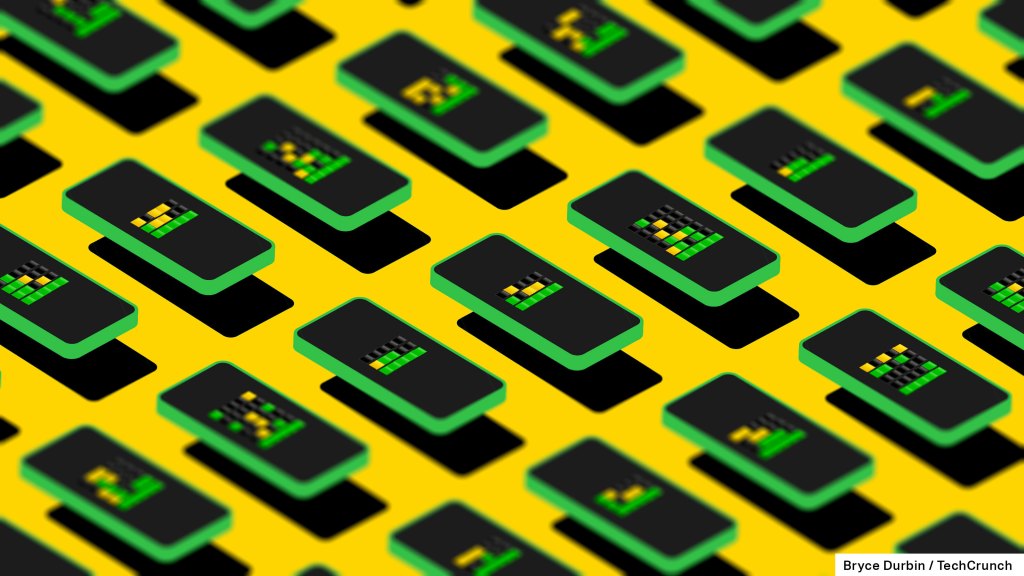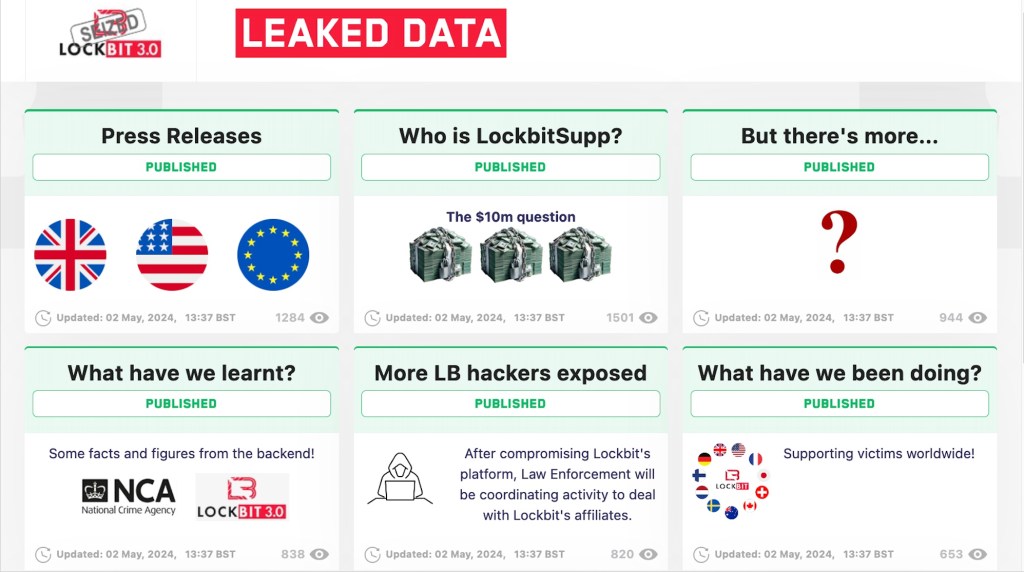Jed Grant
Blockchain is perhaps the most hyped technology of the past five years. The technology that allows us to create trustless immutable shared ledgers promises to bring transparency and honesty to commerce by disintermediating and decentralizing functions that rely on trusted third parties today. The promise and the potential are almost as big as the hype.
While still the early days, there are several applications that have already launched on blockchains — the first being the Bitcoin cryptocurrency payment protocol. Bitcoin is just a unit of account on blockchain. And more recently, with the implementation of smart contracts, code that is shared across the whole blockchain to execute conditionally with irrefutable results, we have the possibility to tokenize many new financial constructs on blockchains.
This has given rise to the ICO, a token-generation event whereby tokens are sold in order to raise financing for a blockchain project in which the tokens will serve some purpose. This innovation in finance changed the way startups raised funds in 2016, 2017 and 2018, with more than $18 billion dollars of funds pouring into blockchain startups in 2018 alone.
What has all this got to do with a patent war?
Everything. At the same time that the hype around blockchain has been growing, the number of patents filed has been growing, as well. What’s makes this technology different from past innovation explosions is that the startups are better funded than ever before.
Another very new factor is the ideology behind this innovation wave. A majority of these startups are founded on the basis of decentralization and open-source principals, meaning their code is open and they release it under the Apache 2.0 or similar open-source license. Philosophically, many project leaders are opposed to the very idea of intellectual property ownership such as patents.
This has several implications.
First, there are many technology startups working on cutting-edge innovations that are taking no precautions other than Apache Open Source licensing to protect their innovation. Many of these same startups have carried out ICOs and are now exceptionally well-funded with cash treasuries ranging from $10 million to $4 billion. There are several hundred young startup companies sitting on an average $25 million treasury that they are using to fund their development of open and freely accessible innovation.
Second, there is a small concentration of such well-funded startups that are patenting blockchain technology. That may be a precursor of future patent assertion entities (PAEs), commonly known as “patent trolls.” Effectively, the modus operandi of some of these entities could be called “patent hoarding,” filing patents on any patentable aspect of blockchain that they can with the intent to become “patent trolls” in the future.
Increasingly, large corporations are also patenting blockchain technology, although their patents tend to revolve around their core businesses; for example Visa, has filed patents on blockchain technologies related to payment services as they would relate to credit card usage, and UPS has filed patents for blockchain technology in shipping.
Finally, putting these together we have a very interesting patent battlefield shaping up.
There are large corporations that will defend their core business by asserting their patents against challengers who threaten their revenue streams. This is typical behavior and is often derided as the reason patents can hold back innovation.
The more interesting players are the new ones. On the one hand you have very well-funded startups that have taken little to no precaution to protect their innovation. On the other hand you have very clever and agile PAEs, patent trolls, that are also well-funded and will use these resources to attack any startup that could be remotely considered to be infringing on their patent portfolio.
There has never been a case of so much free-floating cash being readily available in startups just waiting to be attacked. This could become a boon for the PAEs, a slaughter for the idealistic and well-funded startups and result in a massive transfer of funds from startups to PAEs in the coming years. This would be a very sad outcome for innovation.
Everyone is, of course, entitled to their own views on the value of patents and whether their company should file for them. But regardless of your position, we, as a community, must acknowledge that there are others in this world who are obtaining blockchain patents purely for their own profit motives. For example, Erich Spangenberg of IPwe has stated publicly, “… It is a curious path how a collection of misfit trolls, geeks and wonks ended up here — but we are going to crush it and make a fortune…” You can read more about Erich’s intentions here.
Because of this, it is important to take intellectual property very seriously. Make an effort to identify and patent your innovations. To that end you can join LOT Network, a nonprofit founded to allow patent holders to jointly protect each other from the eventuality that their operating patents will fall into the hands of a PAE. This will improve your protection and help protect fellow network members from PAEs. Think of it as your “patent troll flu shot.”
The more blockchain innovators join together to protect and nurture our innovation, the better for our ecosystem. We all agree that patents in the wrong hands will hurt our industry and the speed at which others embrace blockchain. We all must take responsibility and be good corporate citizens when it comes to IP. By removing the uncertainty that comes from PAEs, we can avoid the turmoil and costly litigation we saw play out in the smartphone and semiconductor industries. If we remove friction, we can accelerate the adoption of blockchain technology. This tide will raise all boats.
Whether you are an investor or an entrepreneur in blockchain projects, you should strongly consider the manner by which your projects handle their intellectual property and do careful diligence to ensure that your interests are not threatened by a potential patent battle.



































Comment